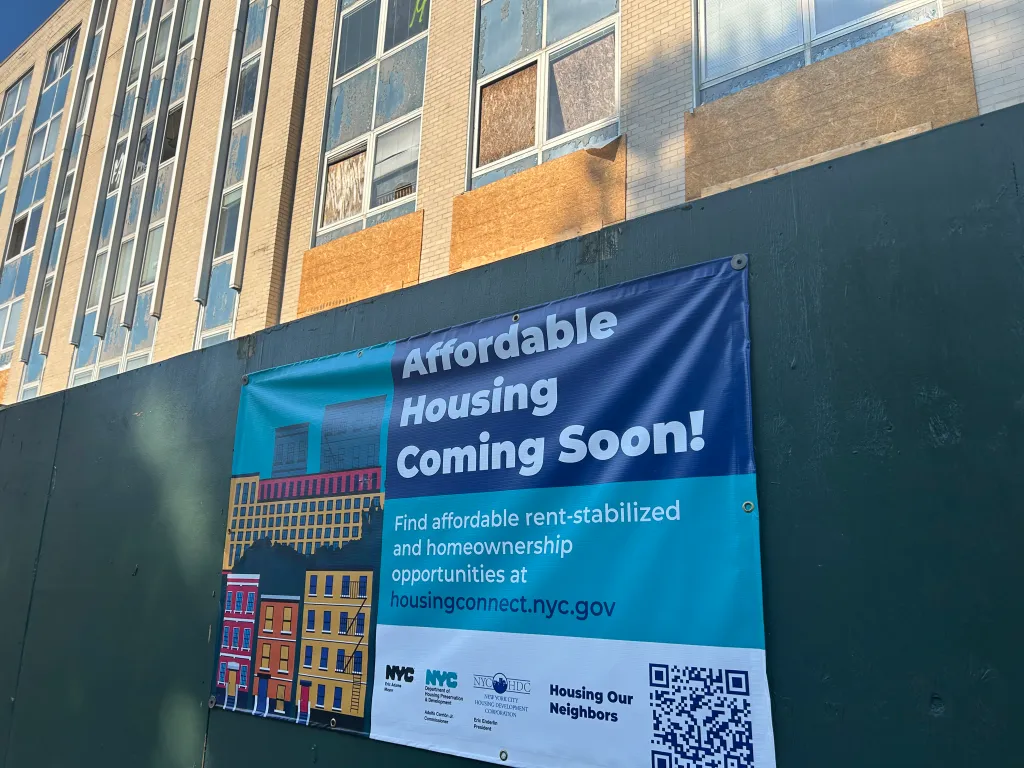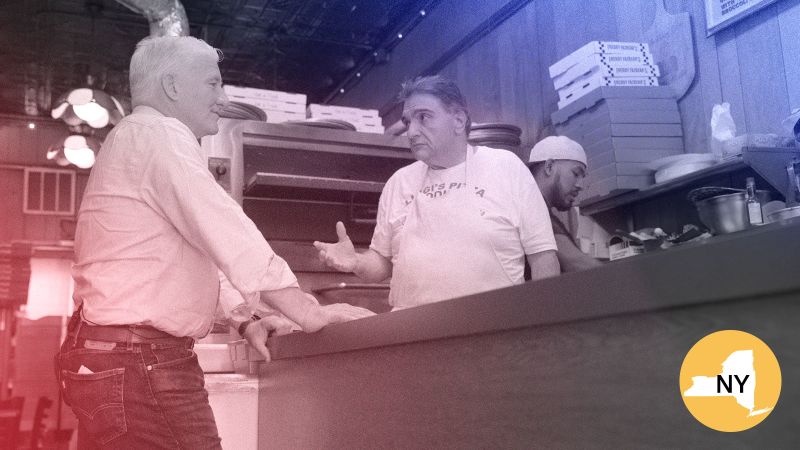Copyright New York Daily News

When families sit at their kitchen tables each month and ask, “Can we afford to stay here?” the answer is too often no. New York is in the midst of a housing affordability crisis that has affected every borough and every income bracket, except for the ultra-wealthy. Rents have risen far faster than wages, making homeownership out of reach for most, and even middle class families with steady jobs are being priced out of the neighborhoods they have called home for generations. There were 154,000 public school students were homeless last year, but only 3,057 new apartments were built for extremely low or very low income New Yorkers — out of a new construction total of more than 40,000 units. For too long, New York City has relied on one-off programs and slow-moving solutions that fail to meet the urgency of the moment. Displacement continues, homelessness grows, and the city’s patterns of inequality and segregation deepen. Too many New Yorkers are left to make an impossible choice between paying the rent and paying for everything else. This election, voters have the power to change that by voting Yes on Ballot Question 2, a common-sense reform that will speed up affordable housing construction and help every neighborhood do its fair share to provide affordable homes. We need to break through bureaucracy and delay. New Yorkers know that too much of what gets built these days is luxury housing. Sleek towers with sky-high prices dominate the skyline, while the affordable projects the city desperately needs often get stuck in limbo. Approval processes are slow, politicized, and far too vulnerable to local obstruction. Even modest, in-scale proposals are frequently delayed for years or killed outright, leaving families to wait while costs continue to climb. Right now, even modest, in-scale affordable housing proposals can take years to move through the city’s review process, only to be blocked by powerful interests or endless red tape. Ballot Question 2 would change that. It creates a fast-track specifically for publicly financed, 100% affordable housing developments. The measure also expedites approval for mixed-income housing developments in the 12 neighborhoods where the least amount of affordable housing has been built in recent years. The proposal maintains the same level of Community Board review we currently have, but cuts through unnecessary delays that drive up costs and discourage investment, and gives a boost to affordable housing we need over luxury development saturating our communities. This reform is not just about speed, it’s about fairness and accountability. It ensures that more neighborhoods share in the responsibility of building affordable housing. We must prioritize developing housing for the lowest-income New Yorkers who need it most, and every community must be part of the solution. This measure makes that possible. Ballot Question 2 isn’t about politics, it is a vote for progress and equity. It’s about priorities. It’s about ensuring that families, seniors, and young people have a place in the city they love. A Yes vote is a vote to build affordable housing faster, fairer, and more equitably across New York. Some critics may call it incremental, but progress always starts with structural reform. Question 2 gives the next mayor and City Council the tools they need to deliver more affordable homes in every borough. It’s not just a procedural change, as it represents progress in breaking the cycle of inaction that has deepened inequality and segregation in our city. Every delay has a cost. Every stalled project is a family left waiting, another family priced out, another neighborhood losing the diversity that defines New York. We can’t build an equitable city if only a few communities carry the weight of its affordable housing needs. Voting Yes on Question 2 means saying yes to more affordable housing, and a stronger, fairer New York for everyone. It’s a vote to move beyond rhetoric and toward results. Because in a city built by working people, no one should have to wonder if they can afford to stay.



